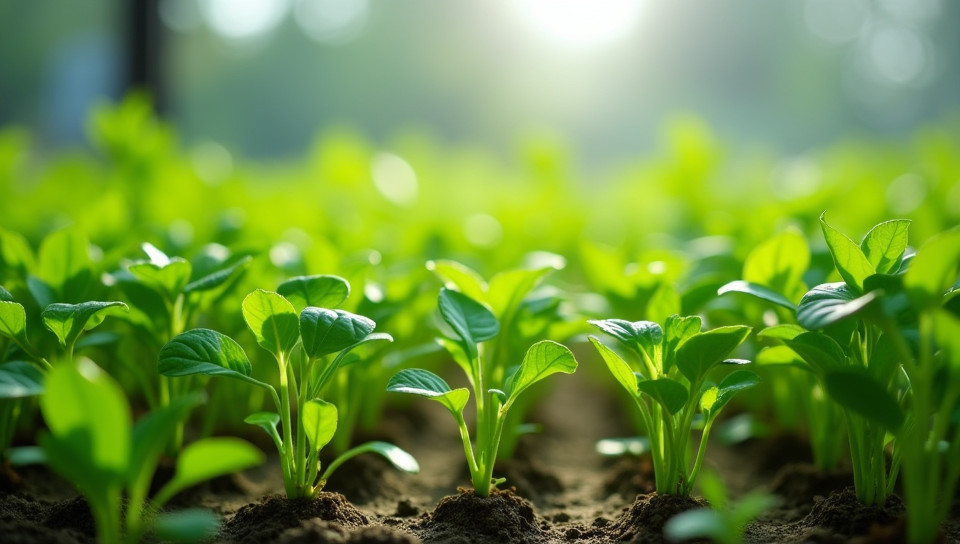Hydroponics grows plants without soil 49%
Truth rate:

Pros: 6
Refs: 0
Info:
- Created by: Adriana Ferreira
- Created at: Oct. 10, 2024, 7:48 p.m.
- ID: 11259
Related:


